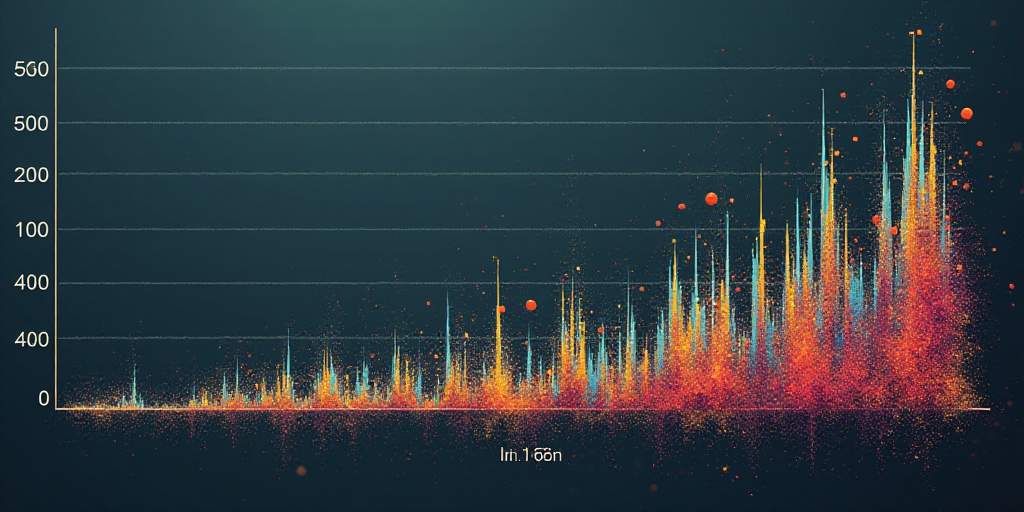Understanding Labor Informality in Mexico
Labor informality is a significant issue plaguing Mexico’s labor market.
As of May 2025, the extended labor informality rate stood at 54.9%, according to data from Mexico’s National Institute of Statistics and Geography (Inegi).
Implications of the Rising Informality Rate
This rate indicates that half of all working individuals in Mexico engage in some form of informal work arrangement.
The informality rate has seen a substantial increase in the first half of 2025. At the end of the previous year, the informality rate was 53.7%, reflecting a 1.2 percentage point rise by May of this year.
Impact on Formal Employment
In absolute terms, between January and May 2025, 461,000 formal jobs were lost, while 1.1 million workers transitioned to labor informality.
Consequences of Labor Informality
Labor informality restricts genuine access to essential labor rights, including contracts, recognition of employment relationships, social security benefits, and social security.
Key Questions and Answers
- What is labor informality in Mexico? Labor informality refers to work arrangements where individuals are not formally employed, lacking standard labor rights and social security benefits.
- Why is labor informality a concern in Mexico? Labor informality limits access to fundamental labor rights, such as contracts, social security benefits, and job security.
- What changes have been observed in Mexico’s labor informality rate? The labor informality rate has increased from 53.7% in December of the previous year to 54.9% in May 2025, indicating a rise of 1.2 percentage points.
- How has labor informality affected formal employment in Mexico? Between January and May 2025, 461,000 formal jobs were lost, while 1.1 million workers moved into labor informality.






